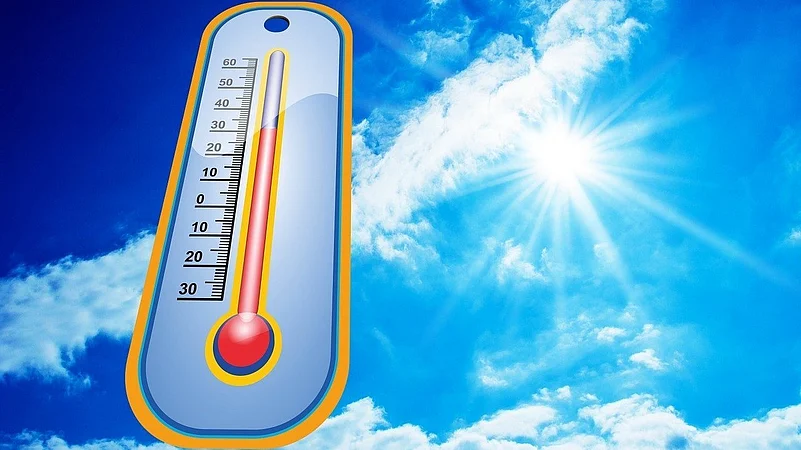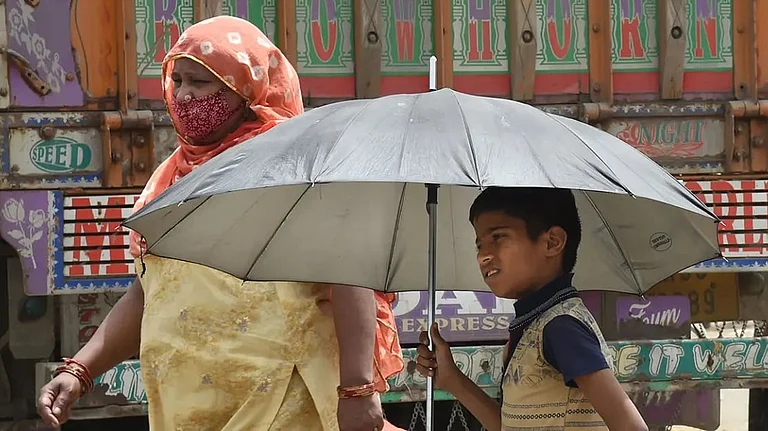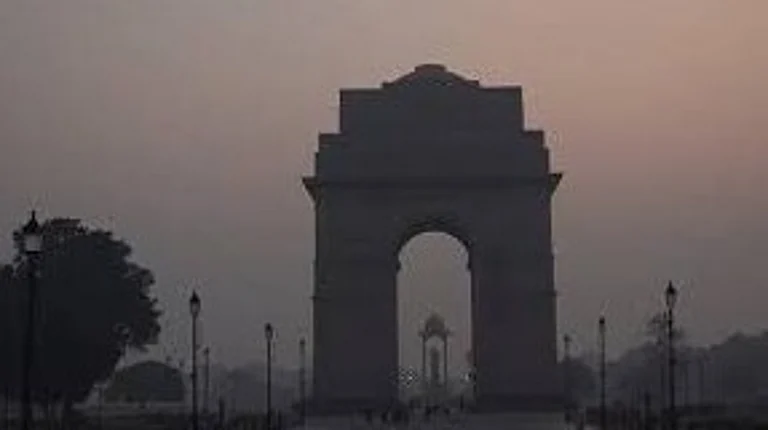The India Cooling Coalition (ICC) Annual Conclave launched on April 16 to push for collaborative, state-led action on growing heat stress. The two-day conclave brings together policymakers, industry leaders, experts and civil society to explore how India’s national cooling vision – outlined in the India Cooling Action Plan – can be implemented at state and city levels.
Commenting on the urgency of taking climate action to combat extreme heat, Satish Kumar, President and Executive Director, AEEE, said, “The intensifying heat stress we are witnessing over the years is not just a weather phenomenon – it’s a developmental challenge. From food security to public health, nearly every aspect of our lives is now vulnerable to extreme heat. India is at the epicentre of the world’s rising cooling demand – with over 3,000 cooling degree days, its demand is three times that of China and ten times that of the US. If we don’t act now, emissions from cooling alone could hit 6.1 billion tonnes of carbon dioxide equivalent by 2050. The opportunity lies in urgent, local action. It’s time to move beyond plans on paper and drive real implementation in states and cities – where the impact will truly be felt.”
Speaking about the need to integrate thermal comfort and sustainable cooling into India’s disaster risk reduction strategies, Rajendra Singh, Member and Head of Department at the National Disaster Management Authority (NDMA), added, “The NDMA has moved from a relief-centric approach to a preventive one. As a result, we have significantly reduced the mortality rates in recent natural disasters compared to those in the 90s and early 2000s. While the NDMA is more than ready to help out wherever the need arises, we would need help from everyone – academia, business leaders and policymakers – to move towards our Viksit Bharat goal.”
The conclave is hosted by the India Cooling Coalition Secretariat and led by the Alliance for an Energy Efficient Economy (AEEE).
Strengthening Local Capacity
Throughout the Conclave, discussions emphasised the need to bridge capacity gaps at the state level- from infrastructure planning and institutional readiness to financing and workforce skilling. Sessions led by ICC member organisations – including CEEW, WRI India, ICLEI South Asia, ISHRAE, RATA, CHAI, CLASP and AEEE – examined the policy and regulatory frameworks, business models and market mechanisms needed to scale climate-friendly cooling solutions.
Experts called for stronger local implementation through better planning, standardised skilling and data-driven decisions. They also stressed the importance of integrating passive cooling, adaptive thermal comfort and region-specific strategies into local action plans and building codes. They added that market transformation must be driven by green public procurement, lifecycle costing and MSME-friendly financing.





























